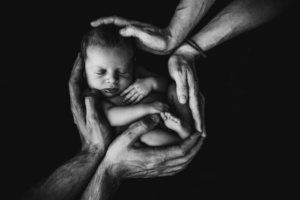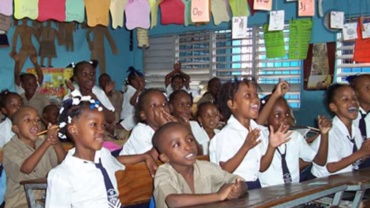Jamaica’s legal or political commitment to implementing rights – namely the Right to Life, the Right to a Primary Education and the Elimination of violence against women for this iteration of the project is done by ratifying a treaty, enshrining it in the constitution or guaranteeing it in laws and policies.
The monitoring of and implementation is crucial, otherwise problems cannot be identified and solved. A series of international human rights treaties outlining basic rights and freedoms for everyone. Jamaica has signed and ratified the following UN treaties enshrining the right to life, primary education, and the elimination of violence against women. These treaties are:
- International Covenant on Civil and Political Rights (ICCPR)
- The International Covenant on Economic, Social, and Cultural Rights (ICESCR)
- International Convention on the Elimination of All Forms of Discrimination Against Women (CEDAW)
- Convention on the Rights of the Child
- United Nations Committee on the Rights of the Child (UNCRC)
- American Convention on Human Rights
- 1984 Convention Against Torture
- 1998 Rome Statute of the International Criminal Court
- 1948 Charter of the Organization of American States
- 1969 Inter-American Convention on Human Rights
While the rights contained in the treaties are not directly enforceable in Jamaican courts their enshrinement in the constitution demonstrates Jamaica’s obligation to respect, protect and fulfil the human rights highlighted. The following articles in Jamaica’s Charter of Fundamental Rights and Freedoms enshrine each of the rights under focus. They are:
- Section 13 (3) (a) – The Right to Freedom from Extra-Judicial Killing
- Section 13 (3) (k) – The Right to Education
As a show of its efforts to transform its commitments into greater enjoyment of the right to life, the right to a primary education and the elimination of violence against women the following policies and regulatory framework has been adopted:

STRUCTURAL INDICATORS
Protection of the Right to LIFE
domestic provisionS
- Charter of Fundamental Rights and Freedoms, Section 13 (3)
INTERNATIONAL PROVISIONS
- 1966 International Covenant. On Civil and Political rights (ICCPR) Article 6
- ICCPR First Optional Protocol
- ICCPR Second Optional Protocol
- United Nations committee on the Rights of the Child (UNCRC) Article 6
- American Convention on Human Rights
- 1984 Convention Against Torture
- 1998 Rome Statute of International Criminal Court
- 1948 Charter of the Organization of American States
- 1969 Inter-American Convention on Human Rights
Status of ratification of relevant International Treaties
- 1966 International Covenant. On Civil and Political rights (ICCPR) Article 6 – October 3, 1975
- United Nations committee on the Rights of the Child (UNCRC) Article 6 – May 14, 1996
- American Convention on Human Rights – August 7, 1978
PROCESS INDICATORS
Identification of key regulators and commissions
- The Independent Commission of Investigations (INDECOM) Act 2015
- Jamaica Constabulary Force Human Rights and Police Use of Force and Firearms Policy
- 1935 Constabulary Force Act
- 1988 Book of Rules for the Guidance and General Direction of the Constabulary Force

STRUCTURAL INDICATORS
Protection of the Right to a Primary Education
domestic provisionS
- Charter of Fundamental Rights and Freedoms, Section 13 (3)
- The Child Care and Protection Act Article (28)
INTERNATIONAL PROVISIONS
- The Universal Declaration of Human Right Section (26)
- The International Covenant on Economic, Social, and Cultural Rights in Article (13) & (14)
- The Convention on the Rights of the Child Article (28)
Status of ratification of relevant International Treaties
- The International Covenant on Economic, Social, and Cultural Rights – October 3, 1975
- The Convention on the Rights of the Child – January 26, 1990
PROCESS INDICATORS
Identification of key regulators and commissions
- The National Council on Education (NCE) – Act of Parliament – March 1, 1993
- The Jamaica Teaching Council – The Jamaica Teaching Council Act – August 5, 2013
- National Education Inspectorate (NEI) – Education Act – December 16, 1965
- The Education Act
- The Education Regulations
- National Council on Education Act
- The JTC Bill
- The JTC Act
- The NCE Manual

